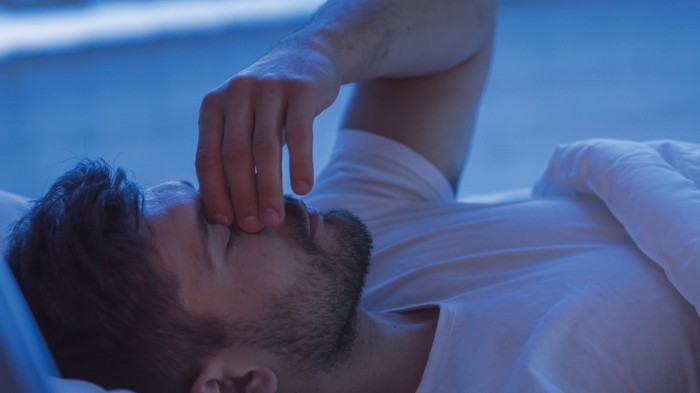Insomnia can be a sleep problem by which everyone is struggling to drift off or stay asleep. Most Australians experience insomnia in the course of their lives, resulting in 10 percent people have at the very least mild insomnia at any given time. It’s more common in females and seniors.

Insomnia normally include:
difficulty getting to sleep
getting up when asleep all night . trouble returning to sleep
awakening too early
Sometimes people experience seventy one.
A lot of people experience insomnia for a small amount of time, as an example if they’re worried or stressed. But not insomnia is chronic (called chronic insomnia disorder), meaning everyone has trouble falling or staying asleep for around Three months, together with being impaired throughout the day.
What are the signs of insomnia?
People experience insomnia differently. Many of the symptoms of insomnia are:
having difficulty dropping off to sleep
waking a lot at night time
getting out of bed too early and will certainly return to sleep
not feeling refreshed when you get up
Insomnia can bring about the next symptoms during the day:
tension headaches
feeling tired or just being too sleepy to accomplish normal activities
poor memory and concentration
being concerned about sleeping
feeling irritable or moody
being hyperactive, aggressive or impulsive
losing interest in doing things
reduced energy and motivation
feeling sleepy when sitting quietly
What may cause insomnia?
Sometimes there’s no underlying grounds for insomnia. This is known as primary insomnia.
Sometimes there is an underlying cause like a overall health condition, anxiety, depression or sleep problem. This is what’s called secondary insomnia.
Insomnia could be deteriorated by:
poor sleep habits (sleep hygiene)
substances including caffeine, nicotine, alcohol, amphetamines and some prescription medicines
stress, due to work or financial problems, relationship issues or grief
health concerns, in particular conditions causing pain, hormone changes (e.g. hot flushes and night sweating during menopause), and breathing, urinary or stomach ache
mental health problems – insomnia is usually a sign of anxiety, depression or other disorders
sleep disorders, including obstructive sleep apnoea, circadian rhythm disorders caused by irregular sleep patterns, restless legs syndrome and periodic limb movement
life stage – the elderly are more likely to have insomnia
shift work – people that work different shifts often don’t sleep along with people that work set hours in daytime
When should I see my doctor?
It is just a good idea to view your doctor if you are experiencing difficulty sleeping or you are receiving issues with your mood, feeling restless while having sex, snoring badly or getting up not feeling refreshed. Keeping a sleep diary is a good strategy to track symptoms, which you’ll share with your health professional.
We apply CBT-I to solve your insomnia problems quickly. Do you feel tired due to insomnia? Do you dread gonna work? Do you feel anxious with your relationships? Get a life in 6 sessions, and without chemistry. We welcome you online, inside the ease your cocoon, including on weekends to your outings. CBT-I (CBT-I), Cognitive-Behavioral Therapy for Insomnia, is definitely an advanced scientific method with demonstrated effectiveness in a large population.
State-licensed psychologist (France), university degree in neuropsychology, certified hypnotist (France), Ecole Normale Superieure d’Ulm graduate, Columbia University visiting student.
For details about ambien explore this useful resource
